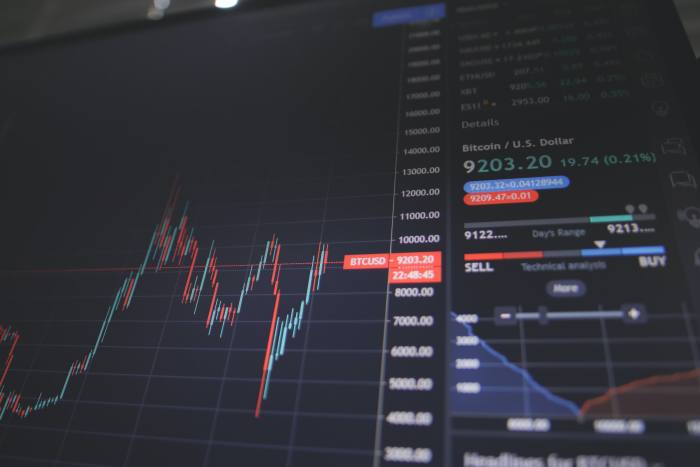
While high yield bonds are the area of the bond market that is typically most sensitive to the performance of the wider economy, by keeping exposure to short duration, the risks are vastly lessened, according to David Ennett, who runs the Artemis High Income fund.
Ennett said: “We still have relatively low interest rates and they are only a small part of the return you get from high yield bonds. If you focus on the short duration end of the market as we do – so looking out around two years – then you are quite insulated from what’s going on in government bond markets.
"In dollar terms the yield on global high yield is just over 7 per cent and around 5 per cent of that is credit spread – in other words, the reward you get for lending to companies perceived to be higher risk. With good credit selection you can reduce that risk quite significantly without hurting returns.”
High yield bonds are those with a credit rating of below BBB. This higher risk element tends to mean investor sentiment towards the asset class is heavily linked to wider economic and market sentiment.
Because of the lower quality nature of the companies issuing bonds with a credit rating in the high yield territory, the bonds tend to be shorter duration in nature, as the market is less willing to commit to longer-term capital funding for those businesses.
Ennett said that while many are concerned about the prospects for the global economy, he is more sanguine.
He said: “You have to remember why inflation and interest rates are rising – it’s because growth is too strong. That’s actually a good environment for high yield companies, which tend to be capital intensive, cyclical companies. Many of them are still doing well so this is a good opportunity to be buying risk, because you are getting well paid.
"Of course, there is a danger that policymakers will go too far – that’s what starts most recessions – and spreads have moved wider to reflect this risk. But I think inflation will start to roll over in the next few months. It won’t collapse back to 2 per cent but prices aren’t going to continue rising at their current rates.”
Flavio Carpenzano, fixed income director at Capital Group, said: "Although high yield corporate bonds have been also affected by the global market sell off this year, they outperformed most of the fixed income markets such as government and investment grade corporate bonds mainly due to its short duration nature. To put it in perspective, the average duration of the US high-yield market is about four years, compared to almost eight years for US investment-grade corporate (based on each respective market’s modified duration as at 29 April 2022).
The shorter duration of the high-yield bond market tends to help insulate it from rising interest rates as shown by the fact that the historical correlation of high yield bonds with interest rates have been relatively low as the market is more driven by credit risk rather than interest rate risk.







